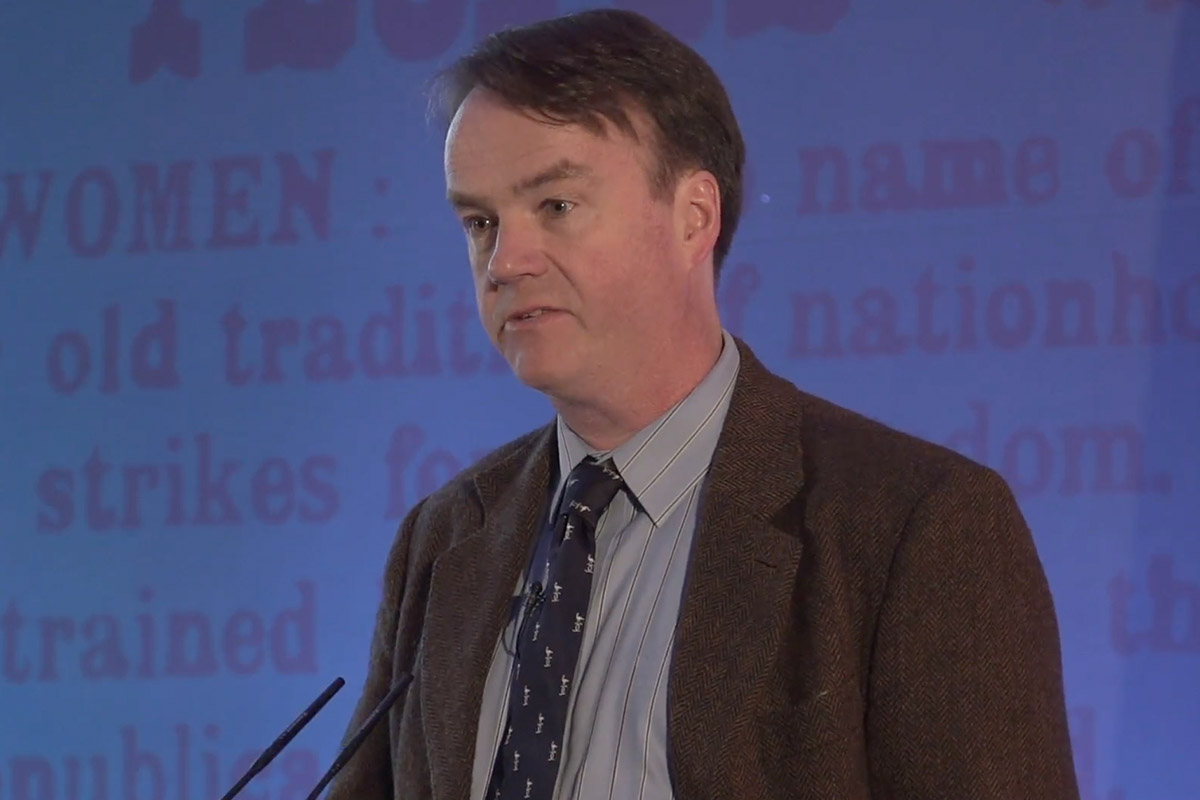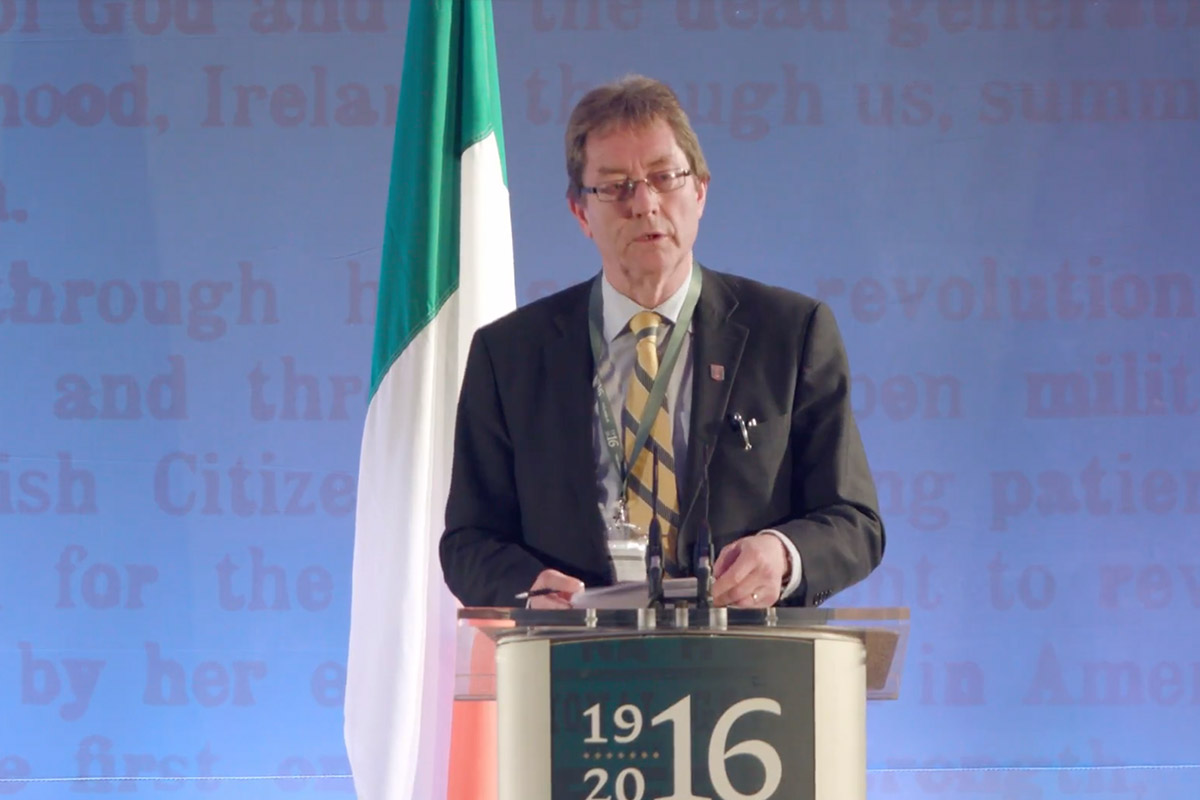-
Courses

Courses
Choosing a course is one of the most important decisions you'll ever make! View our courses and see what our students and lecturers have to say about the courses you are interested in at the links below.
-
University Life

University Life
Each year more than 4,000 choose University of Galway as their University of choice. Find out what life at University of Galway is all about here.
-
About University of Galway

About University of Galway
Since 1845, University of Galway has been sharing the highest quality teaching and research with Ireland and the world. Find out what makes our University so special – from our distinguished history to the latest news and campus developments.
-
Colleges & Schools

Colleges & Schools
University of Galway has earned international recognition as a research-led university with a commitment to top quality teaching across a range of key areas of expertise.
-
Research & Innovation

Research & Innovation
University of Galway’s vibrant research community take on some of the most pressing challenges of our times.
-
Business & Industry

Guiding Breakthrough Research at University of Galway
We explore and facilitate commercial opportunities for the research community at University of Galway, as well as facilitating industry partnership.
-
Alumni & Friends

Alumni & Friends
There are 128,000 University of Galway alumni worldwide. Stay connected to your alumni community! Join our social networks and update your details online.
-
Community Engagement

Community Engagement
At University of Galway, we believe that the best learning takes place when you apply what you learn in a real world context. That's why many of our courses include work placements or community projects.
1916 Centenary Commemoration
Ireland 1916-2016: The Promise and Challenge of National Sovereignty
In November 2016, NUI Galway hosted an important international academic conference entitled, Ireland 1916-2016: The Promise and Challenge of National Sovereignty. The conference was intended as the Irish higher education sector’s contribution to a year of reflection on Ireland’s nationhood and identity.
Over three days, leading scholars reflected on national sovereignty and questioned how the Irish State has delivered on the promise of Easter 1916. Deliberations and discussion centred on what the future might hold for Ireland, as a small nation state on the periphery of Europe, in an increasingly globalised future.
NUI Galway was pleased to host this important national conversation. The Steering Group, led by Dr Maurice Manning and Professor Nicholas Canny took care to ensure wide representation from all elements of higher education on the island of Ireland with universities, institutes of technology, other colleges, independent scholars and cultural institutions all contributing to a stimulating and enriching conference.
In order to ensure the widest possible access to the conference proceedings, NUI Galway is delighted to publish the plenary talks in a volume produced by Four Courts Press. To augment this publication all plenary sessions, featuring introductory comments by each Chair and followed by panel discussion, along with opening remarks by An Taoiseach, Enda Kenny TD and others are available below on this dedicated website:
The promise and challenge of national sovereignty
Nicholas Canny, Tom Boylan & Mary Harris, editors
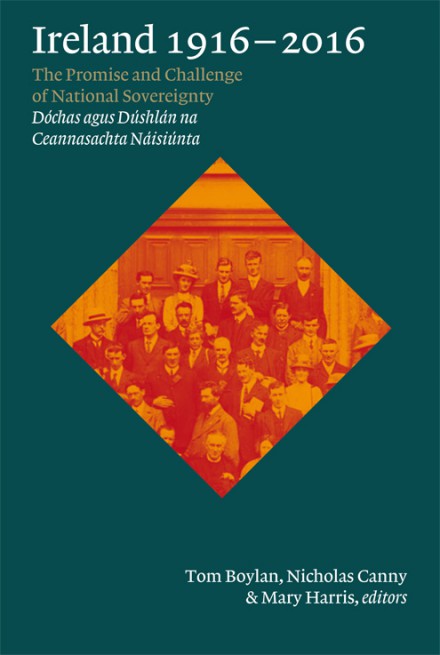
In this conference volume six distinguished scholars of Irish birth or descent – Philip Pettit, Roy Foster, Kevin O’Rourke, Clair Wills, Louise Richardson and Brendan O’Leary – who hold senior positions at some of the world’s leading universities, reflect on what the ambitions and achievements of the men and women who supported the Rising of 1916 have meant to succeeding generations of Irish people at home and abroad. More specifically they consider the theme of the conference from a number of broad perspectives including: the doctrines of classical republicanism and liberalism; the historical contextualization of the major changes over the last century; the economic fortunes, failures and achievements of the new independent state; the cultural representation and interpretation of our post-independent experience; the role of current and future university education in Ireland, and the major challenges Ireland is now facing in a rapidly changing and globalized world.
Hardback. 168 pages. €29.95.
http://www.fourcourtspress.ie/books/2017/ireland-19162016/
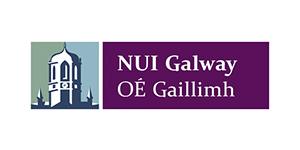 |
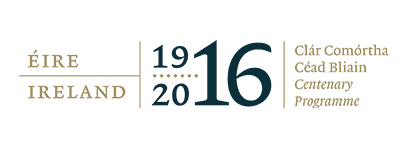 |
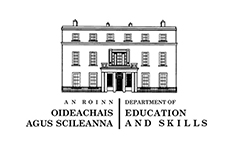 |












